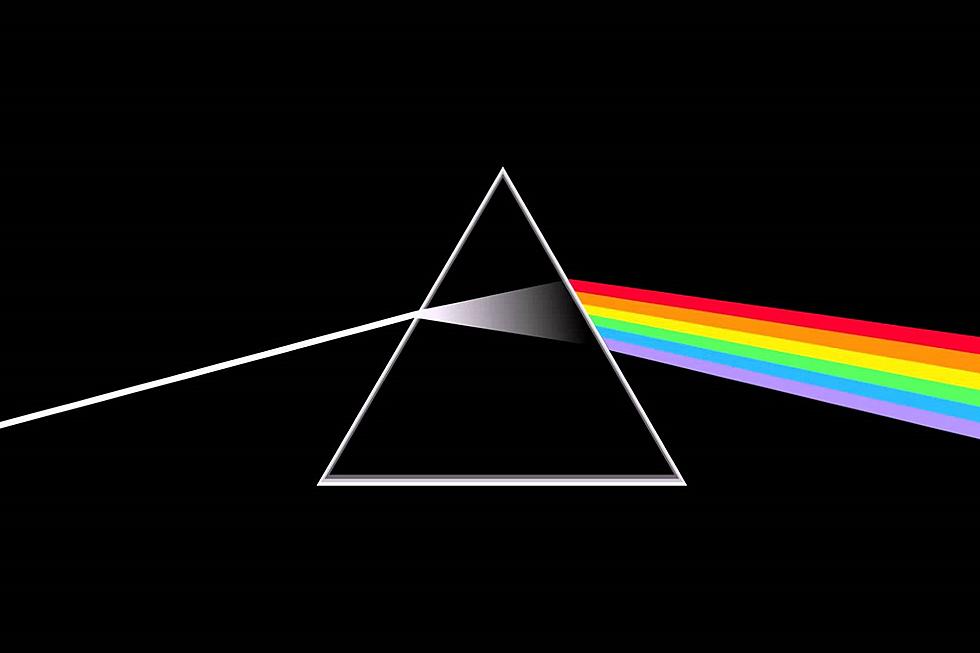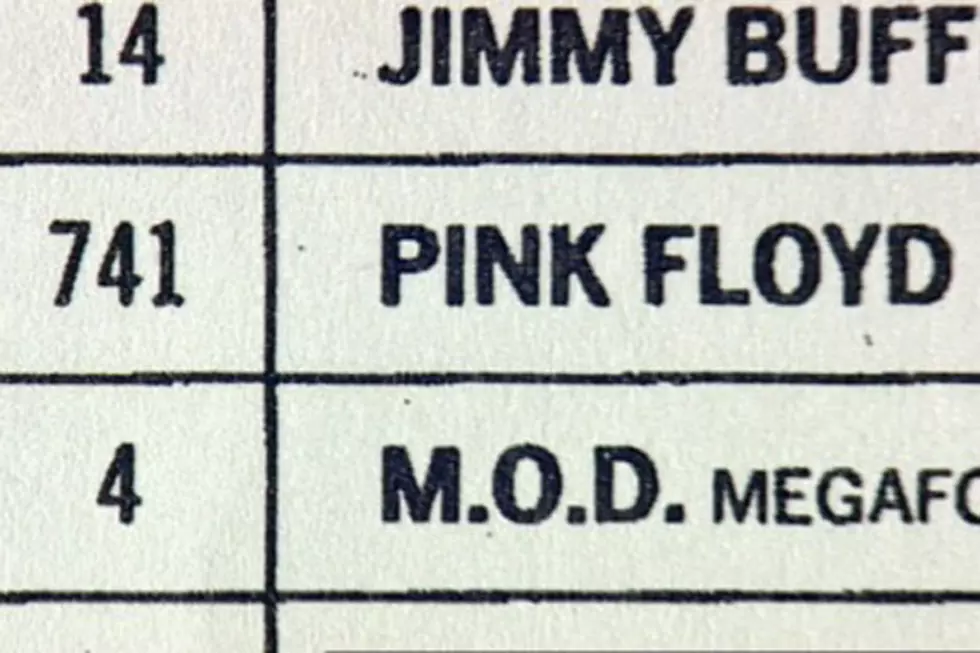
How Pink Floyd Went Supernova With ‘The Dark Side of the Moon’
The numbers attached to The Dark Side of the Moon are pretty impressive.
More than 50 million copies sold worldwide, 15 straight years on Billboard’s album chart, consistently ranked in the Top 10 of many best-albums-ever-made polls. But Pink Floyd’s achievements with their eighth LP go deeper than that. Their 1973 epic changed the way people made and listened to albums.
There’s still no better head trip – legally, at least – available.
Following original leader Syd Barrett’s breakdown and departure from the band in the late ‘60s, Pink Floyd took off in a different direction. The psychedelic tones Barrett brought to the music were still there, but the albums became headier – sturdier in ways that the always-delicate Barrett couldn’t conceive or articulate.
Through a series of musically complex and exploratory records, the four remaining members of Pink Floyd connected personal themes to space age freakout music.
Everything leading up to The Dark Side of the Moon, which was released on March 1, 1973, was mere prep work. With their 43-minute opus, Pink Floyd delivered a masterpiece on death, madness and the post-war problems of kids who came of age in the ‘50s.
Listen to Pink Floyd's 'Time'
In a way it’s a tribute to Barrett, whose mental breakdowns were well-known and well-documented at that point. But it’s also a tribute to a generation of young twenty-somethings searching for reason and purpose. The Dark Side of the Moon doesn’t necessarily have the answers; the best it can muster is a we’re-all-crazy-here shrug. And maybe that’s enough.
But the album’s 10 songs land with a massive force. From the opening heartbeat instrumental "Speak to Me" to the soul- and mind-cleansing closer "Eclipse," The Dark Side of the Moon made deep, heavy records – ones without obvious radio singles, even though "Money" almost hit the Top 10 – a commercial mainstay for the rest of the decade.
Its influence still resonates indirectly (think Radiohead’s string of artsy, musically complex records) and directly (the Flaming Lips covered the entire album in 2009) with artists. It set up Pink Floyd for the rest of their career. It made headphone listening a required luxury. It’s the aural equivalent of 2001: A Space Odyssey. And it’s still blowing minds.
Shine on ...
David Gilmour and Roger Waters Solo Albums Ranked
When Alice Cooper Got Stoned with Pink Floyd
More From 101.9 KING-FM










